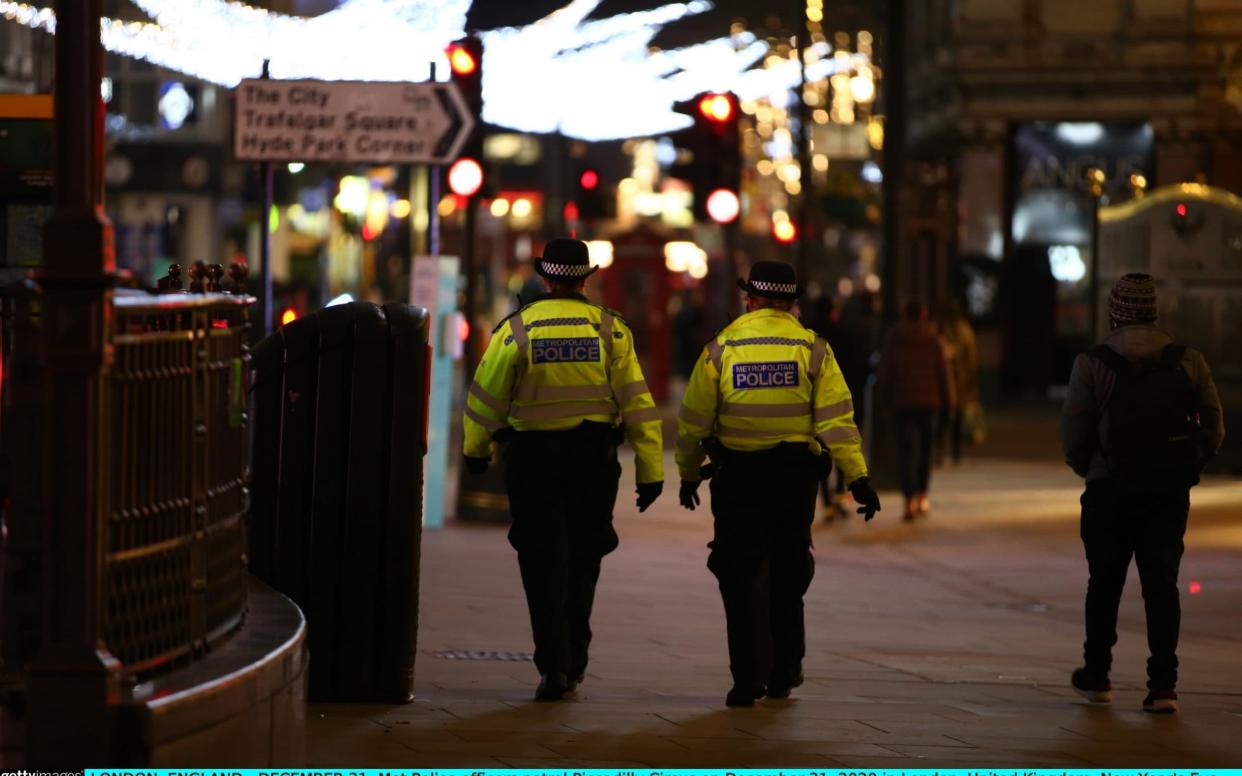Crime rising because fewer bobbies are on the beat, Home Office report admitted

Falling charging rates and fewer bobbies on the beat is contributing to a rise in serious violence, an internal Home Office report has admitted.
The document, released after an 18-month freedom of information battle, reveals that Home Office analysts believe the plummeting detection rates and cuts in “proactive policing” led to increases of more than 20 per cent in robberies, gun and knife crime.
The report was written nearly three years ago when ministers were denying any link between the rise in knife and violent crime to near-record levels and cuts in budgets which saw more than 20,000 police officers axed.
The Home Office refused to release the report after a partial leak of its findings in April 2018 despite being recommended to do so by the Information Commissioner. And there was no reference to these conclusions when the Government unveiled its strategy to combat serious violence.
Now, however, after a three year legal fight it has been released to former BBC journalist Danny Shaw, revealing the full assessment of the “drivers” behind serious violence in England and Wales.

According to the report, it has been driven by four factors, the first of which it cited as a “a shift in police resources meaning less proactive policing (e.g. hot-spotting and pre-emptive gang work) and falls in arrests/charges relating to serious violence and drug trafficking offences.”
The proportion of crimes resulting in charge have halved in five years from 14 per cent to record low of seven per cent, at the same time as knife crime has risen to a record by the year ending September 2019.
“Resources dedicated to serious violence have come under pressure and charge rates have dropped. This may have encouraged offenders,” the document said.
“[Police resources is] unlikely to be the factor that triggered the shift in serious violence, but may be an underlying driver that has allowed the rise to continue.”
Other factors identified include the rise of social media being used to “rile rivals, glamorise weapons and recruit drug sellers/users.”
Third were the increases in homelessness and children either excluded or in care, “ which raises numbers of people susceptible to both drug use and recruitment into selling/running.”
And fourth was record cocaine production, which has “boosted crack purity and probably prompted a search for new markets using County Lines and other methods.”
Since the report, Boris Johnson and Priti Patel, the Home Secretary, have announced a major investment in policing with a pledge to recruit 22,000 officers in three years, reversing the cuts under Theresa May.
A Home Office spokesman said: “This slide-pack is nearly three years old, so considerably dated and not reflective of current Government policy.
“This Government has introduced a wide-ranging package of measures to tackle violent crime which includes recruiting nearly 6,000 of our 20,000 additional police officers and investing £25 million towards tackling county lines drugs gangs.
“Next year, we are providing policing with up to £15.8 billion to continue driving down crime.”


